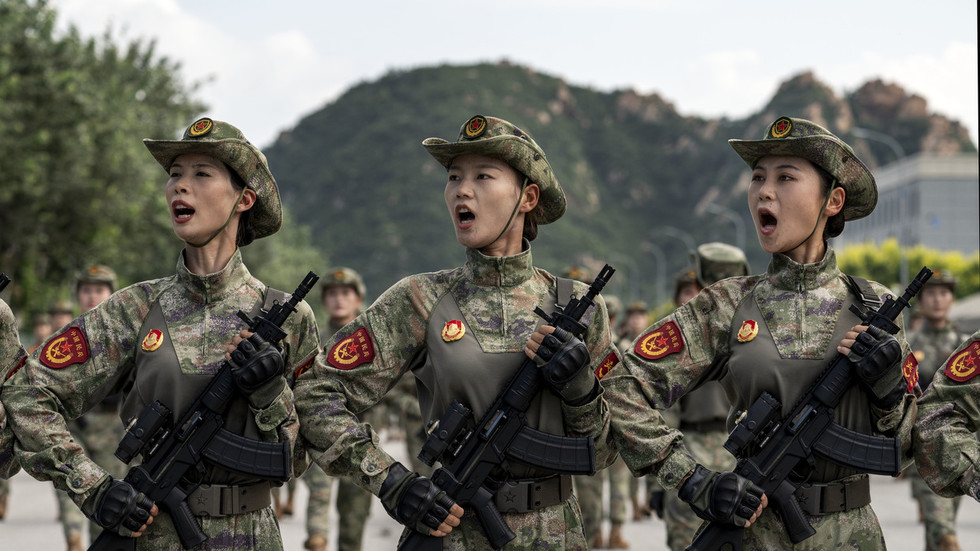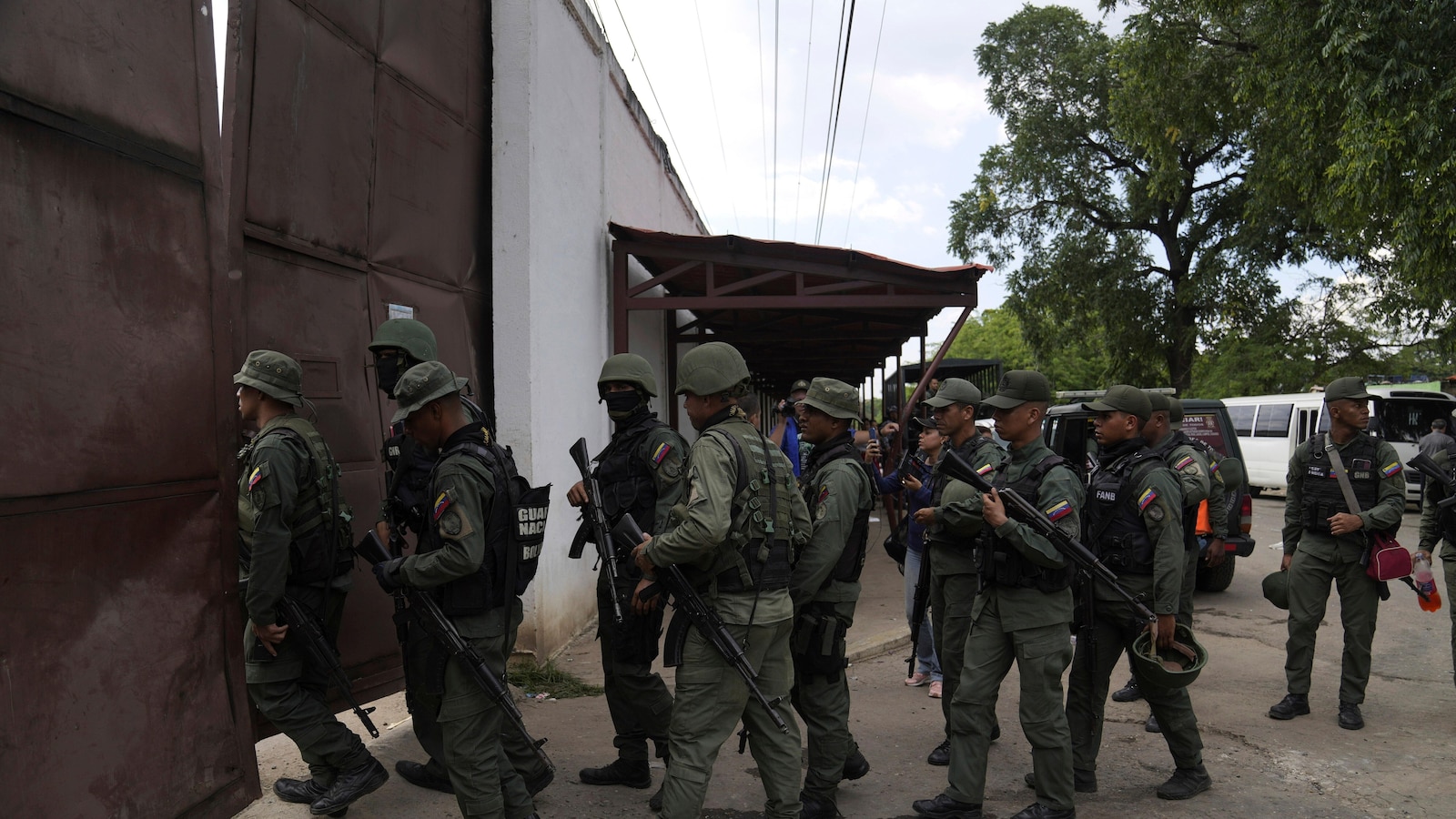A spokesman for Syria's interior ministry on Friday denied reports that government forces were heading back to Sweida province to quell renewed fighting between Druze militia and Bedouin tribes.
Another ministry spokesperson had told Reuters earlier that security forces were preparing to redeploy to Sweida to enforce a fragile ceasefire.
The truce announced on Wednesday briefly ended days of bloody fighting that erupted when Bedouin and Druze fighters clashed in the southern province, prompting the Syrian government to send in troops – which further fanned the violence.
To display this content from YouTube, you must enable advertisement tracking and audience measurement.
One of your browser extensions seems to be blocking the video player from loading. To watch this content, you may need to disable it on this site.

07:20
The clashes drew in Israel, which said it would not allow Syria's Islamist-led government to deploy troops to the south and struck Syrian troops in Sweida, the defence ministry and close to the presidential palace in Damascus.
Syrian troops withdrew from Sweida after the truce was announced but clashes sparked up again late Thursday between the tribal Bedouin fighters and the Druze, part of a religious minority that also has followers in Lebanon and Israel.
Read moreWho are the Druze, and why are they at the heart of Syria-Israel tensions?
At least 594 people have been killed in several days of fighting, government forces and Bedouin groups, according to the UK-based Syrian Observatory for Human Rights, a war monitor, which alleges that both Syrian government forces and Druze fighters have carried out summary executions.
The head of the United Nations human rights office called on Friday for Syria's interim authorities to ensure accountability and justice for killings and rights violations in the southern city, saying it had received credible reports of widespread rights violations during the fighting.
These included reports of summary executions, kidnappings and destruction of private property by security forces and individuals linked to Syria's interim authorities, as well as other armed elements including Druze and Bedouins, said the Office of the High Commissioner for Human Rights (OHCHR).
"This bloodshed and the violence must stop, and the protection of all people must be the utmost priority, in line with international human rights law," OHCHR High Commissioner Volker Turk said in a statement.
Israel says sending humanitarian aid
Israel announced on Friday that it was sending humanitarian aid to Sweida's Druze population, while also denying reports that it carried out renewed strikes in the area overnight.
"Against the backdrop of recent attacks targeting the Druze community in Sweida and the severe humanitarian situation in the area, Foreign Minister Gideon Saar has ordered the urgent transfer of humanitarian aid to the Druze population in the region," the foreign ministry said in a statement.
The aid package will amount to 2 million shekels (nearly $600,000) and will include food parcels and medical supplies, the ministry added.
To display this content from YouTube, you must enable advertisement tracking and audience measurement.
One of your browser extensions seems to be blocking the video player from loading. To watch this content, you may need to disable it on this site.

04:46
Describing Syria's new rulers as barely disguised jihadists, Israel has vowed to shield the area's Druze community from attack, encouraged by calls from Israel's own Druze minority.
Its deep distrust of Syria's new Islamist-led leadership appears to be at odds with the United States, which said it did not support recent Israeli strikes on Syria.
Syrian leader Ahmed al-Sharaa, who has worked to establish warmer ties with the US, has accused Israel of trying to fracture Syria and promised to protect its Druze minority.
(FRANCE 24 with Reuters, AP)










 English (US) ·
English (US) ·